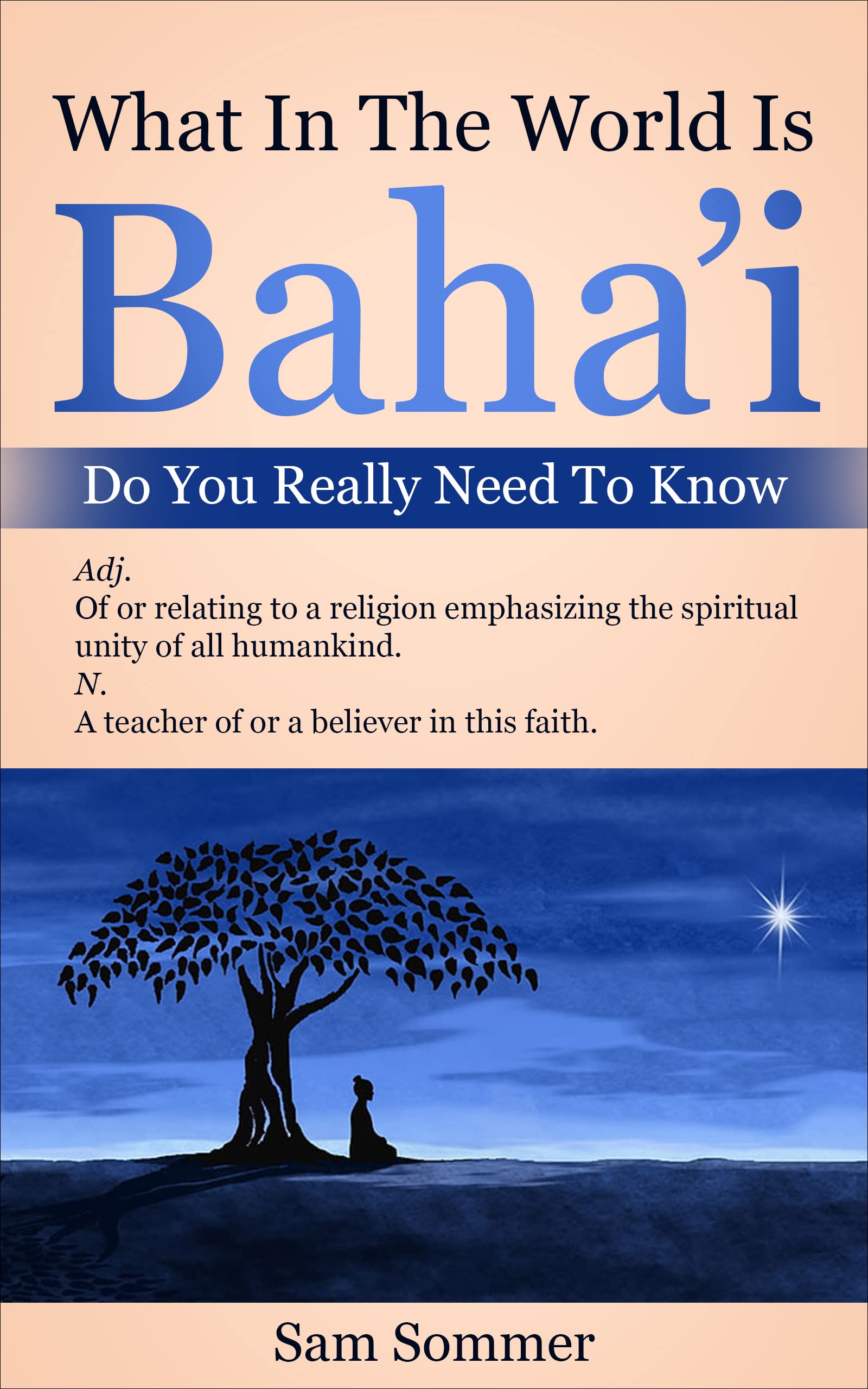The Baha’i Faith, originating from the teachings of Baha’u’llah in the 19th century, provides an intricate tapestry of spiritual guidance and ethical principles. Among the many profound themes woven into the fabric of Baha’i teachings are compelling insights regarding the nature of conflict and the blessings of peace—particularly in the context of global strife, as epitomized by the harrowing experiences of the World Wars. The juxtaposition of hope and warning inherent in these teachings remains remarkably salient in contemporary discourse.
At the heart of Baha’i principles lies the imperative for unity and the recognition of the oneness of humanity. This foundational belief articulates a counterpoint to the divisive tendencies that can escalate into widespread conflict. Nothing epitomizes this dynamic more than historical catastrophes, including the World Wars, which serve not only as somber reminders but also as clarion calls for collective responsibility. Through the lens of Baha’i teachings, one discerns that war is not simply a failure of diplomacy but a manifestation of humanity’s collective estrangement from its essential unity.
The Writings of Baha’u’llah assert the significance of consultation, a process that promotes understanding and deliberation over division and discord. This concept invites a collaborative approach to resolving disputes, advocating for dialogue that transcends nationalist and sectarian bounds. Baha’i teachings elucidate how constructive conversation can foster the kind of empathy and mutual respect that deters the descent into violence. The precept of consultation embodies a strategic measure against the specter of war, advocating for a culture where differing perspectives can coalesce towards harmonious resolutions.
Moreover, one finds in the Baha’i Faith a profound emphasis on education as a primary vehicle for the amelioration of societal ills. Ignorance, viewed as the chief instigator of hostility, can be mitigated through the spread of knowledge and enlightenment. Thus, Baha’i writings encourage the global pursuit of education—not merely as a pathway to economic progress but as a sanctuary against the tumult of conflict. Education illuminates hearts and minds, offering clarity in a world fraught with misunderstanding. An educated populace is less likely to succumb to the fervor of war-driven propaganda, rendering it crucial in averting future cataclysms similar to those experienced in the World Wars.
Furthermore, the Baha’i perspective on the interconnectedness of humanity posits that global upheavals are, in part, reflections of a civilization grappling with issues of justice and equity. The correlation between social tensions and the recurrence of violence is acutely evident throughout history. Disparities in wealth, opportunity, and representation often set the stage for upheaval; hence, the Baha’i teachings stress the cultivation of a just and equitable society. By addressing the root causes of disquiet and inequity, one can ameliorate the conditions that precipitate conflict. The principles of equality, whether gender-based or among different races and nations, are intrinsically linked to the Baha’i vision of world peace.
An additional tenet of Baha’i philosophy is the concept of the “lesser peace,” which encompasses the establishment of international laws and order. While mere treaties may suffice in containing immediate conflicts, the Baha’i teachings assert that these initiatives should not merely aim to temper hostilities but should strive for a more profound, spiritual peace known as the “greater peace.” This higher state of tranquility calls for a fundamental shift in consciousness—one where the global citizenry recognizes itself as part of a unified whole, transcending parochial inclinations for the sake of collective well-being. The horrors of the World Wars accentuated the urgent need for this paradigm shift, highlighting the fragility of humanity when fragmented by selfish interests.
Separationism has pervaded societies, leading to nationalism that often breeds enmity and alienation. The Baha’i writings caution against such ideologies, positing that the glorification of nation-states over the shared human heritage can precipitate catastrophic outcomes. The Baha’i teachings call for a re-imagination of identity—not one rooted in exclusivity, but in the overarching reality of human kinship. The turbulent experiences of the World Wars lay bare the dire ramifications of such divisive ideologies, compelling a reevaluation of loyalties that nurture division at the expense of collective harmony.
In revisiting the lessons of history through the prism of Baha’i thought, one encounters a rich tapestry of insights that intertwine spirituality with practical ethics. The emphasis on compassion, justice, and education forms a scaffold upon which a peaceful future may be built. The task remains daunting yet not insurmountable; it necessitates a decisive pivot towards the values enshrined in Baha’i teachings and an earnest commitment to peace. As humanity stands at a crossroads, the teachings of Baha’u’llah resonate with urgency, advocating for a harmony that acknowledges the concurrent beauty of diversity and the imperative of unity.
The remembrance of past conflicts has an enduring role in shaping societal consciousness. Provided that humanity can glean wisdom from the annals of history, an enduring transformation may yet bloom. Thus, the Baha’i teachings emerge as guidance not only for individual growth but also for collective evolution. They implore society, amidst past traumas and future aspirations, to foster a world governed not by the recollections of war, but by the aspirations of peace and unity. This is the ultimate aspiration encapsulated in the Baha’i vision: a world imbued with the ethos of cooperation, understanding, and profound respect for all humankind.
